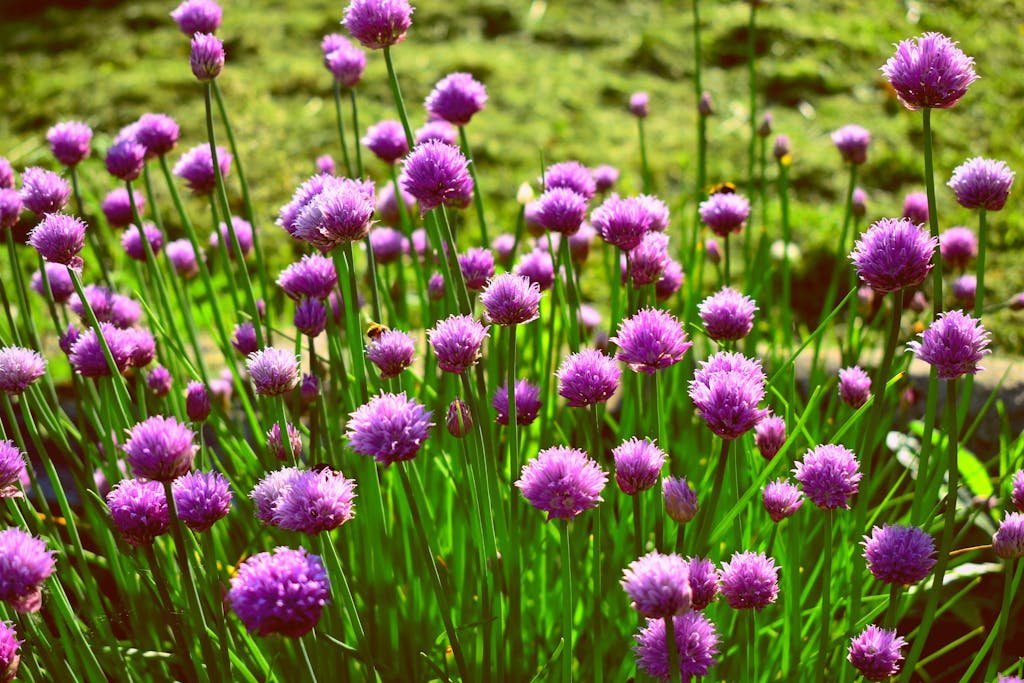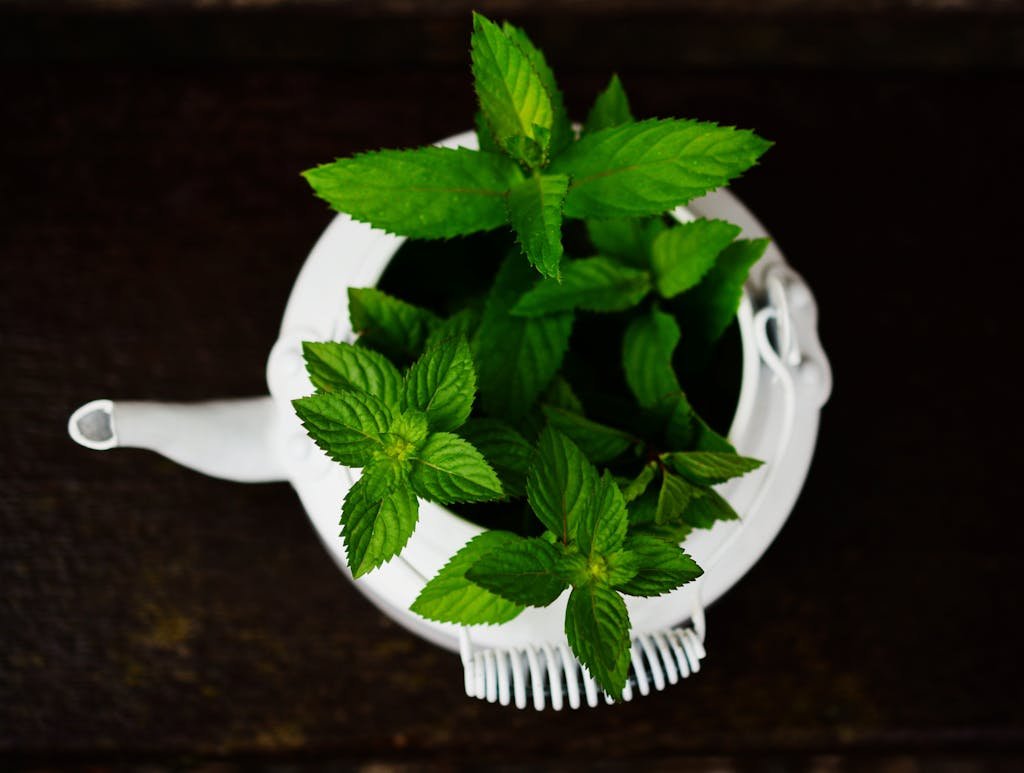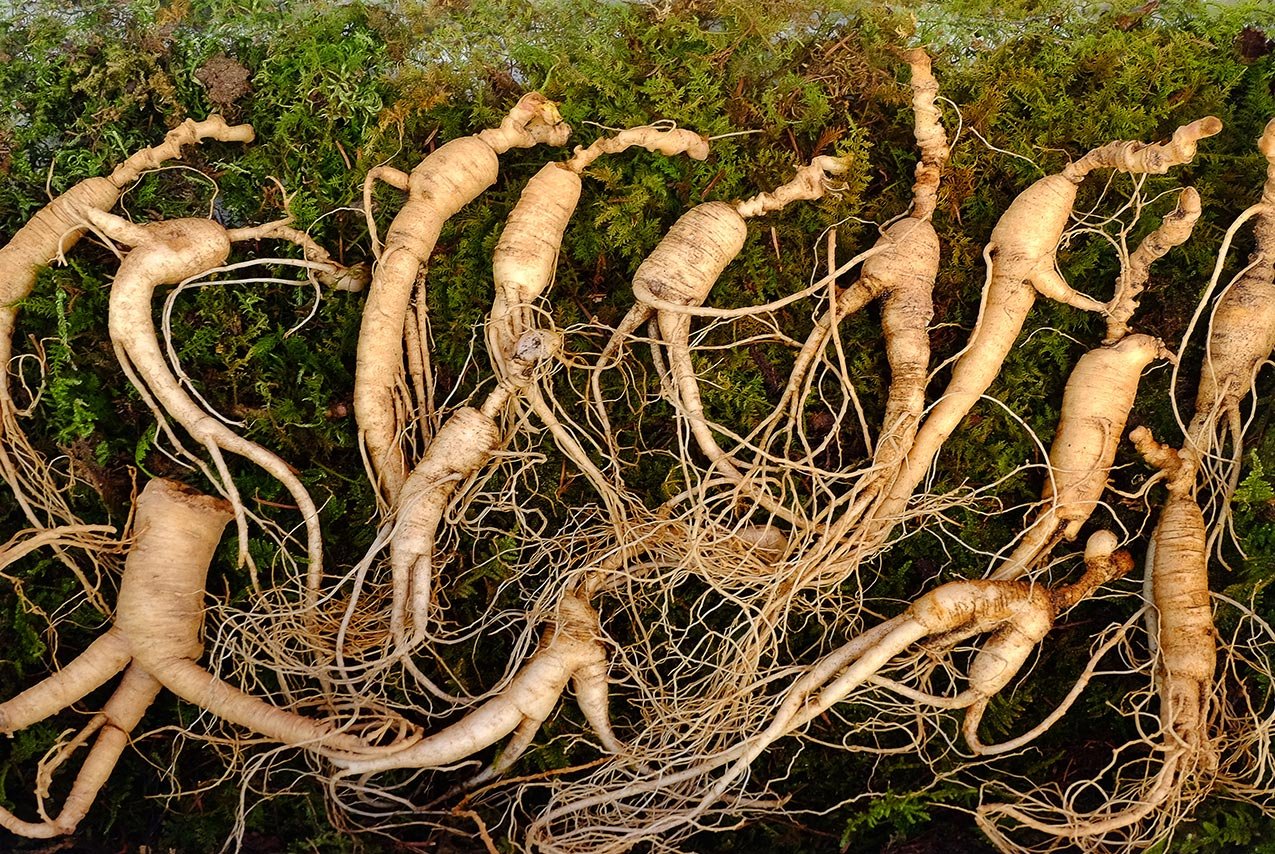Aloe Vera – (Verbena officinalis)
Aloe Vera Verbena officinalis, often simply referred to as Aloe Vera, stands as a testament to nature’s ability to provide. Known for its thick, fleshy leaves filled with a soothing gel, it’s not just a plant; it’s a powerhouse of health and beauty benefits that have been revered for centuries. From ancient Egypt to modern-day skincare routines, Aloe Vera has made its mark.
What makes Aloe Vera truly unique, however, is its versatility. Whether it’s being applied topically to soothe burns and improve skin health or ingested to enhance digestion and boost immunity, this plant offers a multitude of benefits. As we dive deeper into the world of Aloe Vera Verbena officinalis, it’s clear why it continues to be a staple in wellness and beauty industries worldwide.
Table of Contents
History of Aloe Vera Verbena officinalis
Aloe Vera Verbena officinalis, more commonly known as Aloe Vera, boasts a rich history that dates back thousands of years. This succulent plant, with its myriad of health and beauty benefits, has been revered across various cultures and civilizations. Aloe Vera’s origins can be traced back to the Arabian Peninsula, but it quickly spread to other parts of the world due to its versatility and adaptability.
Historical records from as early as the Ebers Papyrus, dating around 1550 BCE, mention the use of Aloe Vera in ancient Egyptian society. It was not only a plant of beauty, used by the likes of Cleopatra and Nefertiti to maintain their skin’s radiance, but also a plant of immortality, often included in the burial rites of pharaohs. The ancient Greeks and Romans also documented the use of Aloe Vera, with Greek scientists like Dioscorides praising it for its soothing and healing properties for wounds and ailments.
In the East, Aloe Vera’s healing properties were similarly recognized. It was a key ingredient in Ayurvedic medicine, where it was used to treat a variety of conditions, from skin issues to digestive problems. The plant’s reach extended as far as China and Japan, where it was dubbed the “harmonious remedy” for its ability to balance various bodily functions.
Research supports the historical claims of Aloe Vera’s beneficial properties. Studies have shown that Aloe Vera contains powerful antioxidants, vitamins, and enzymes that contribute to its health and beauty benefits. For instance, a study published in the Journal of Environmental Science and Health highlights Aloe Vera’s potential in improving skin health and wound healing, supporting its traditional uses.
Aloe Vera’s journey through history is a testament to its enduring legacy. From ancient burial rites to modern-day beauty products, Aloe Vera has maintained its status as a key ingredient in health and wellness practices around the world. Its ability to adapt and thrive in various cultures and medical traditions reinforces its standing as a plant of timeless value.
Benefits of Aloe Vera for Skin
Aloe Vera, known scientifically as Aloe Vera Verbena officinalis, has garnered wide acclaim for its skin health benefits. Rich in vitamins, minerals, and antioxidants, Aloe Vera provides a multi-faceted approach to skin care, promoting not only health but also beauty.
One of the most prominent benefits of Aloe Vera for the skin is its moisturizing property. Unlike traditional moisturizers that can leave a greasy feel, Aloe Vera moisturizes the skin without clogging pores. This makes it an ideal choice for people with oily or acne-prone skin. Its application results in softer, more supple skin, attributing to its rich compound called mucopolysaccharides, which helps to bind moisture into the skin.
Moreover, Aloe Vera is known for its anti-inflammatory and healing properties. It contains compounds such as gibberellins and auxins, which have been shown to help with wounds and reduce inflammation. These properties not only help in soothing sunburn but also in accelerating wound healing, including minor cuts and abrasions.
| Benefit | Compounds Involved | Effect |
|---|---|---|
| Moisturizing | Mucopolysaccharides | Increases skin hydration |
| Anti-inflammatory | Gibberellins, Auxins | Reduces inflammation and accelerates wound healing |
| Antioxidant | Vitamins A, C, E | Fights free radical damage |
The plant also boasts antioxidant properties, thanks to its vitamin A, C, and E content, which protect the skin from free radical damage and premature aging. Not only does this fortify the skin’s barrier, but it also improves skin firmness and hydration.
Additionally, the aloin compound found in Aloe Vera has shown promise in lightening skin blemishes, making the skin appear smoother and more even-toned. Research supports the claim that aloin effectively reduces the appearance of hyperpigmentation by destroying existing melanin cells and preventing further formation of these cells.
Incorporating Aloe Vera into a daily skincare routine can profoundly benefit the skin’s health and appearance, owing to its natural and potent ingredients. Whether it’s used fresh from the plant or as part of skincare products, Aloe Vera’s versatile benefits make it a staple in beauty and wellness routines across the globe.
Aloe Vera for Haircare
Just as Aloe Vera has carved a niche in skincare routines around the globe, its benefits for haircare cannot be overstated. This versatile plant is packed with vitamins, minerals, and enzymes that make it an exceptional remedy for various hair concerns.
One of the primary benefits of Aloe Vera for hair is its moisturizing property. The plant’s water content helps in conditioning the hair, making it soft and silky. This is particularly beneficial for those with dry and brittle hair. By locking in moisture, Aloe Vera prevents the hair from becoming dry and frizzy.
Moreover, Aloe Vera is rich in vitamins A, C, and E – all of which are essential for healthy cell growth and shiny hair. Vitamin E, in particular, is known for its antioxidant properties, which help in repairing and building tissue. This means that Aloe Vera can significantly aid in reducing dandruff and scalp irritation through its healing and soothing properties.
- Vitamin A: Promotes healthy cell growth
- Vitamin C: Essential for collagen production
- Vitamin E: Repairs and builds tissue
Another impressive feature of Aloe Vera is its enzymatic properties that help in cleansing the hair. These enzymes effectively break down dead skin cells on the scalp that could be clogging hair follicles. Not only does this allow for healthier hair growth, but it also enhances the scalp’s circulation.
Research has also hinted at Aloe Vera’s potential in promoting hair growth. A study published in the “Journal of Dermatological Treatment” found that the topical application of Aloe Vera could effectively treat alopecia. This is attributed to its ability to improve blood circulation to the scalp and its rich composition of vitamins, minerals, and enzymes.
Incorporating Aloe Vera into haircare routines is simple. It can be applied directly to the scalp as a pre-shampoo treatment or mixed with a mild shampoo for a nourishing wash. Whether used as a gel extracted directly from the plant or as a key ingredient in haircare products, Aloe Vera stands out as a natural remedy for fostering healthy, vibrant hair.
Aloe Vera for Digestion
Beyond its renowned benefits for skin and hair, Aloe Vera also stands out as a potent ally in supporting digestive health. The history of Aloe Vera includes its use not only in external applications but also as a natural remedy for a variety of internal ailments, with digestion being a primary focus.
One of the most significant components of Aloe Vera is aloin, a compound that has been found to have laxative properties. This makes Aloe Vera juice a popular choice for those looking to alleviate constipation. Studies have suggested that consuming Aloe Vera can lead to an increase in water content in the intestines, which helps normalize bowel movements and supports the body’s natural detoxification processes.
Moreover, Aloe Vera contains a wealth of enzymes that aid in the breakdown of sugars and fats, enhancing digestion and nutrient absorption. This can be particularly beneficial for individuals suffering from irritable bowel syndrome (IBS) or other conditions that affect the digestive system.
The anti-inflammatory properties of Aloe Vera also contribute to its efficacy in treating digestive issues. It has been reported to soothe and protect the gastrointestinal tract, reducing the occurrence of stomach ulcers and other inflammatory disorders.
| Benefit | Component | Effect |
|---|---|---|
| Laxative | Aloin | Increases intestinal water content |
| Enhances Digestion | Enzymes | Aids in the breakdown of sugars and fats |
| Anti-inflammatory | Various | Protects the gastrointestinal tract |
Aloe Vera’s adaptability in form – available as juice, gel, or in capsules – adds to its convenience as a dietary supplement. Though it’s important for individuals to consult with a healthcare provider before incorporating Aloe Vera into their regimen, especially those with pre-existing health conditions or those taking medications, the consensus among many researchers and health professionals is that Aloe Vera can offer a complementary approach to maintaining digestive health.
Aloe Vera for Immunity
Aloe Vera, scientifically known as Aloe Vera Verbena officinalis, is not just a plant with soothing and healing properties for the skin and digestion; it’s also a powerful ally for the immune system. Recent research highlights its role in bolstering the body’s defenses, making it a valuable component of a health-focused lifestyle.
One of the pivotal ways Aloe Vera influences the immune system is through its high content of polysaccharides. These complex carbohydrates are known to stimulate macrophages, the white blood cells that fight viruses. Additionally, Aloe Vera contains a broad spectrum of compounds such as acemannan, which has been identified to enhance immune function.
| Study | Results |
|---|---|
| A study published in the Journal of Environmental Science and Health | Demonstrated Aloe Vera’s ability to activate immune response |
| Research in the International Journal of Immunopharmacology | Found that acemannan, a compound in Aloe Vera, supports immune cell activation |
Moreover, Aloe Vera’s anti-inflammatory and antioxidant properties contribute to its immune-boosting capabilities. Inflammation can often suppress the immune system, making the body more susceptible to infections. Through reducing inflammation, Aloe Vera assists in keeping the immune system functioning optimally. Its antioxidants also protect immune cells from damage caused by free radicals.
Leveraging Aloe Vera for immune health can be as simple as incorporating its juice into daily consumption. The presence of vitamins A, C, and E further ensures that along with immune support, Aloe Vera provides a nutritional boost that is beneficial for overall health.
Given its wide array of health benefits, Aloe Vera proves to be more than just a topical solution for skin issues. It embodies a holistic approach to wellness, extending its advantageous properties to support and improve immune function.
Aloe Vera Verbena officinalis, or simply Aloe Vera, has proven itself as a versatile and beneficial plant, deeply rooted in history and embraced by various cultures. Its journey from the Arabian Peninsula to becoming a global staple in health and beauty regimes underscores its adaptability and enduring appeal. With its remarkable ability to improve skin health, enhance hair vitality, and support digestion, Aloe Vera continues to be a cornerstone in natural wellness practices.
Moreover, its role in boosting the immune system through its rich composition of vitamins, polysaccharides, and antioxidants highlights its holistic health benefits. Available in multiple forms and easy to incorporate into daily routines, Aloe Vera stands out as a natural, effective solution for those seeking to enrich their health and wellness journey.




